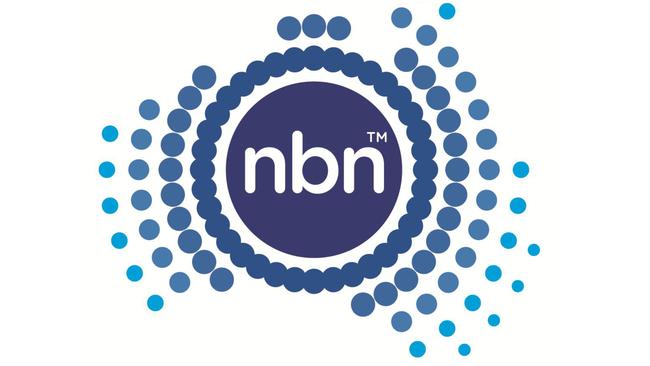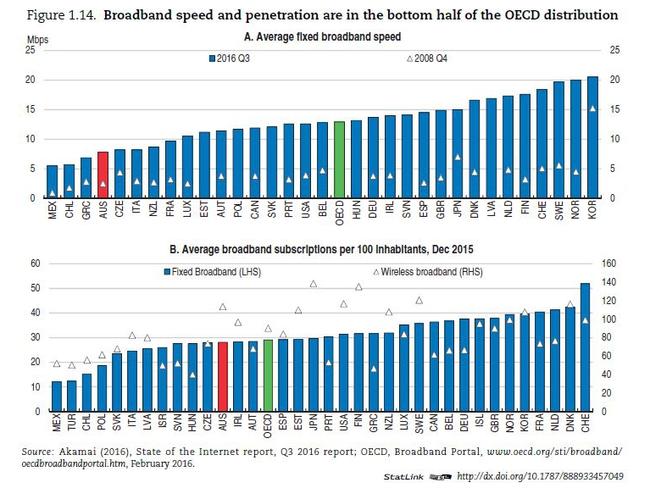OECD questions cost of NBN and whether it’s encouraging innovation
A NEW report has raised concerns about whether the National Broadband Network is actually encouraging innovation or providing value for money.

A NEW report has raised concerns about whether the National Broadband Network is actually encouraging innovation or providing value for money.
The Organisation for Economic Co-operation and Development (OECD) examined aspects of Australia’s economy, including whether policies were encouraging productivity through innovation, in a March 2017 economic survey.
It said the National Broadband Network’s multi-technology mix, which sees some homes connected to the internet using both fibre optic cables and copper, may also not be delivering the savings many hoped.
“The cost savings of this approach have become less clear over time,” the report said.
“Optical-fibre installation costs have fallen and repair and renovation costs to pre-existing network facilities have proven greater than expected.”
The NBN has been promoted as a faster, cheaper way for Australians to get connected but the report said the country’s broadband speed and penetration is one of the lowest of the 32 OECD countries, beating only Mexico, Chile and Greece.

The report said the NBN’s focus on profits could be damaging.
It said the NBN was practically the only provider of broadband services to retailers and this gave it “considerable influence”.
“Indeed, some believe NBN’s wholesale pricing strategies focus heavily on using its monopoly position to maximise revenue,” the report said.
This financial focus may be discouraging more retailers from entering the market and could also be driving up prices for customers.
“Furthermore, it is believed (the) NBN may be limiting innovation by offering products to retailers that are quite ‘high level’ in a technical sense, which limits retailers’ ability to develop their products,” the report said.
The report said Australia’s network would benefit substantially if NBN gave greater technical and pricing flexibility to retailers.
But it welcomed news that the NBN would be reviewing its wholesale pricing strategies.
“This will hopefully see greater recognition of the need for stronger retail competition to increase take-up and an environment more conducive to technical innovation among retailers,” it said.
NBN revealed its half-yearly results last month that showed it expected to more than double its current revenue.
As of December 31, there were 1.6 million users and the NBN was getting revenue of $43 a month on average per user.
However, its net loss widened to $1.83 billion over six months to December as the company continued to spend money on the network, marketing and staff costs.
The OECD report said households and businesses needed affordable and fast landline internet connections to access innovative products and services.
“Both technologies will be critical platforms for the development of the ‘Internet of Things’, which is seen by many as the source of much new innovation in products and services,” it said.
The Internet of Things refers to connected devices including appliances, smart grids, smart buildings and smart houses.
The report warned that Australia’s productivity growth had been comparatively weak in recent years and the downward trend began in the late 1990s.
“A downturn in productivity gains from innovation is almost certainly under way,” the report said.
Email charis.chang@news.com.au | Twitter @charischang2




